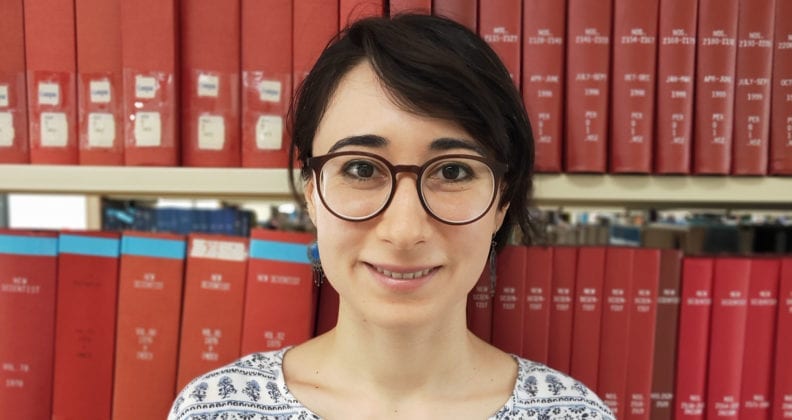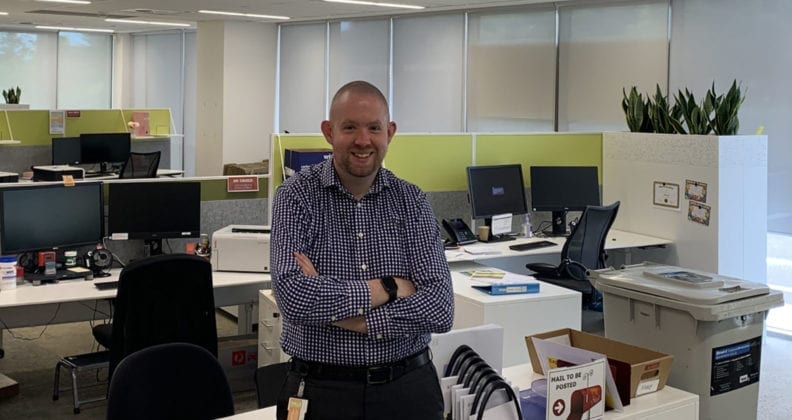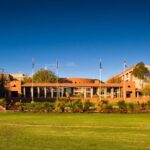Information is everywhere. The web is an infinite vortex of details and data; our phones are overloaded with photos and videos; workplaces harbour thousands of files nested in servers dating back years.
And that’s just the digital records. There are also books, photographs, papers, audio files and other artefacts holed up in libraries, galleries, museums, councils and our homes.
It takes a particular kind of person to manage the sheer volume of information that societies produce and figure out what each piece is, who it’s for, what to do with it and where to put it. But these people are critical to our society, as they ensure our knowledge, stories and histories are preserved.
Collectively, these people are known as libraries, archives, records and information science professionals. As we create more and more data, demand for these experts is continuing to grow, with work found wherever information needs to be managed.
To get an idea of the scope of career roles available, we caught up with three alumni from Curtin’s postgraduate libraries, archives, records and information science courses – Abby, Anie and Benjamin. While they work in different areas, they all manage and utilise information and data to inform and enhance their communities.
Abby Asomani: Benefiting societies
Abby Asomani is an Information Specialist at the University of Western Australia. She specialises in digital repositories, supporting researchers to describe, manage and share their research data. She says today’s professionals are less gatekeepers and more “guides, interpreters and trusted advisors”.

“The digital age is characterised by overwhelming amounts of information and misinformation. A lot of our work is around making meaning from this, by gathering, organising and supporting people to navigate that information.
“I also think an important part of the role is to contribute to a just and equitable society, for example through diverse and culturally inclusive services and collections.”
Asomani refined her specialist skills by studying a Master of Information Management. The degree helped her to secure work in North America, where she says a master level qualification is considered a basic requirement for a professional librarian.
In 2017, she spent a year in Canada working as a data steward for BlueDot Inc., a digital health firm that uses data to develop global warnings of infectious diseases – it was among the first to identify the emerging risk from COVID-19.
“Bringing all the data together required a diverse team of epidemiologists, data engineers, geospatial experts, software developers and UX designers,” Asomani explains of her time at BlueDot.
“It was exciting to work with a multidisciplinary team and it was invigorating to be able to contribute my own expertise in areas like metadata, research data and knowledge management.”
Asomani says to be a good information specialist, you need to take a holistic approach.
“Attention to detail is typically cited as a key skill when working with large amounts of data, but just as important is being able to see the bigger picture and think strategically about how to make the most of the data available to you.”
Anie Agius: Community calling
Anie Agius originally completed an architecture degree in Brisbane, but changed career paths after volunteering with various local arts organisations.
“I shifted into information management because of my love for learning and interest in working directly within the community to improve our collective learning and knowledge,” she explains.
Agius went on to study a Master of Information Management online. As part of the course, she undertook three practicums in Brisbane to explore different sector roles.

“It was invaluable to experience the different workplaces and undertake hands-on tasks, like scouring decades of archival material to piece together a part of history for public access, or watch the myriad treatments that conservators apply to preserve and conserve historically significant items.”
Agius is now Assistant Library Campus Coordinator at Griffith University Library, and it appears she’s found her calling.
“I’ve always associated libraries with positive memories, and I wanted to create that positive experience for others when they walk into a library.”
She says some people still assume “librarians mainly loan out books”, but her role is extremely varied; it includes supporting staff and students with accessing the library’s resources and services, retrieving and analysing data to support management decisions, organising events and developing procedures to improve client services.
“One challenging aspect is shifting gears between tasks that require different skills, like going from planning library events to analysing data. I love the variety though and it keeps every day different.”
Benjamin Thomson: Working with the weird and wonderful
For Benjamin Thomson, living in the information age means we need to be discerning over the content we produce and consume.
“We have almost infinite space to store records and share information. But just because we can, doesn’t mean we should,” he advises.
“There is a great risk of digital hoarding, and we have a responsibility to ensure that records are securely stored, findable and ethically used.”

Thomson is surrounded by records in his role as Principal Coordinator of Customer Services at the Hills Shire Council in western Sydney. He manages a team of 40 staff who oversee countless public requests and issues.
“Working in a records department for a large local government you get to see so many weird and wonderful things. My team’s role is to ensure the initial metadata is properly captured, and the right workflow is put in place.
Thomson has a bachelor degree in Library and Information Science from the University of Technology Sydney, but he undertook a Curtin Graduate Diploma in Records Management and Archives to advance his career into management.
“The course helped fill in the gaps in my knowledge about records management and archives, and I feel like I’m in the career I want to be in now.
“The course gave me the knowledge to truly support and advocate for my team, giving me the technical jargon to justify our operations.”
Thomson says it’s important to be open-minded when working with people and information.
“A curious mind, active listening and lateral thinking go far in helping you to succeed within the LARIS field and meeting customer’s information needs.”



